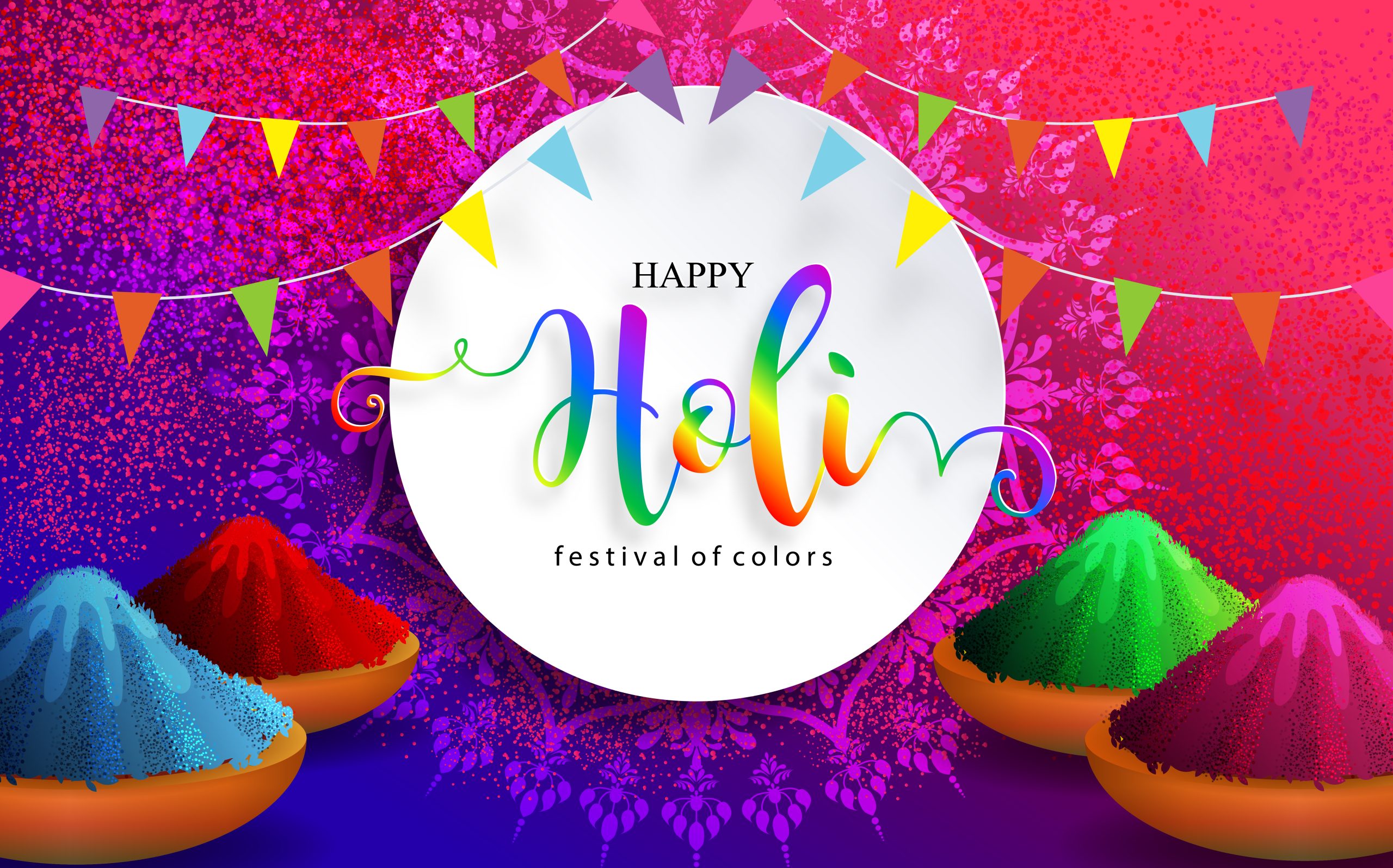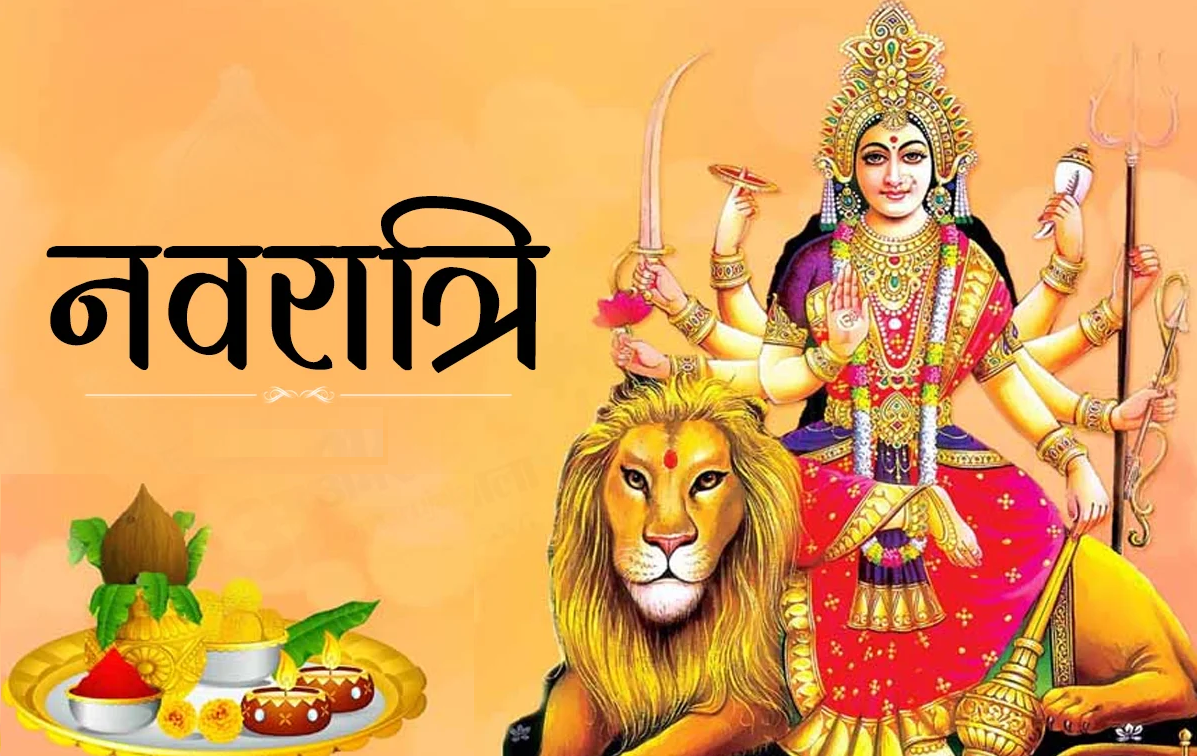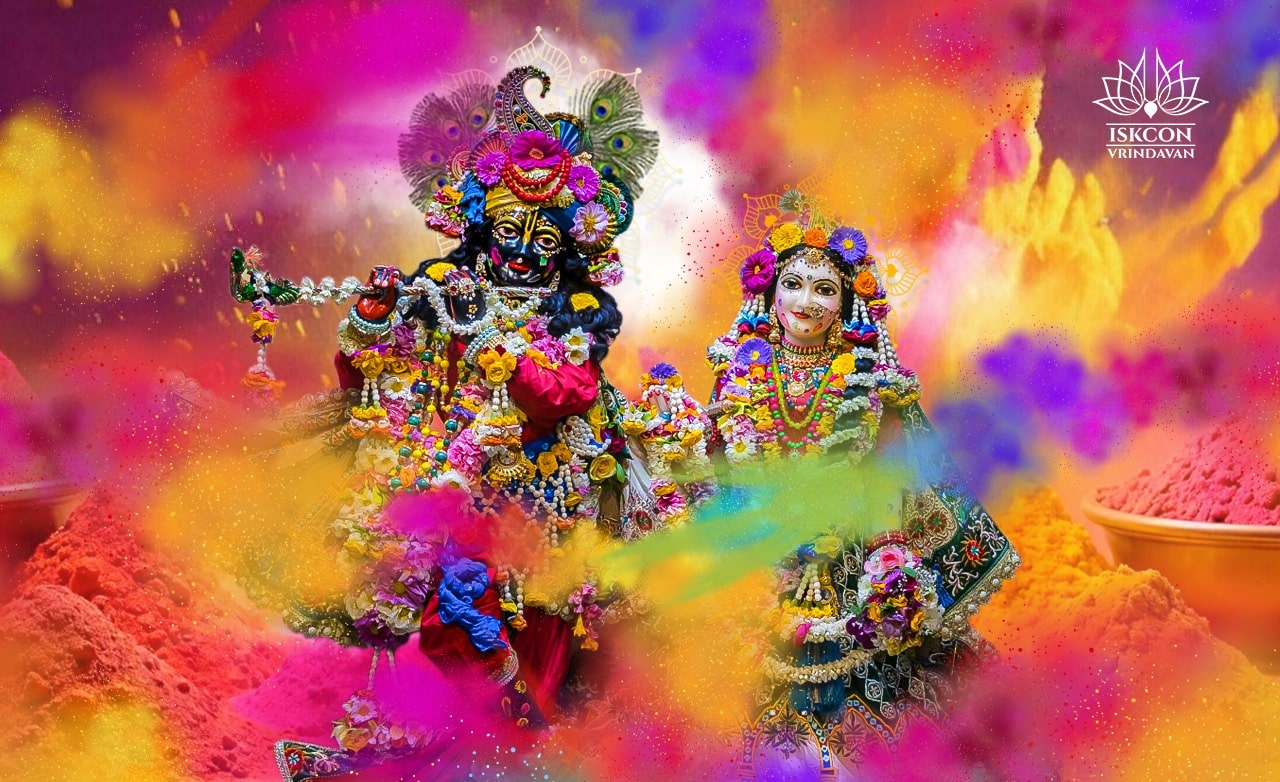
Holi, also known as the Festival of Colors, is one of the most vibrant and joyous festivals celebrated in India. It holds immense cultural and religious significance, and people of all ages eagerly wait for its arrival each year. In 2026, Holi is expected to be celebrated with even more enthusiasm and excitement. This article will provide a detailed overview of Holi 2026, including the dates of the festival and the auspicious time for Holika Dahan, an integral ritual observed during the celebrations.
The Significance of Holi
Holi is deeply rooted in Hindu mythology and folklore. It is believed to celebrate the divine love between Lord Krishna and Radha, making it a symbol of love and unity. The festival also marks the victory of good over evil, as it commemorates the legend of Prahlad and his aunt Holika. Prahlad’s devotion to Lord Vishnu protected him from the evil intentions of his father, Hiranyakashipu, and his aunt Holika, who was immune to fire but perished when she tried to harm Prahlad in a pyre. The bonfire lit during Holika Dahan signifies the triumph of righteousness and the burning of negativity.
Holi 2026 Celebrated in India
| Date | Holiday | States |
| Wednesday, March 4, 2026 | Holi | Across the Nations, India |
Holika Dahan Muhurat Time 2026
| Holika Muhurt 2026 | Time/Muhurat | Date |
| Purnima Tithi Starts | 4:17 PM | 3 March 2026 |
| Purnima Tithi Ends | 6:09 PM | 3 March 2026 |
| Holika Dahan Time Period | 2 hours and 27 minutes | 3 March 2026 |
| Holika Dahan Timings | 6:24 PM to 8:51 PM | 3 March 2026 |
Understanding the Holi Calendar
Holi’s date is determined by the Hindu lunar calendar, which varies each year. In 2026, Holi will be celebrated on Wednesday, March 4, 2026. However, the festivities start the night before the main Holi day with Holika Dahan.
Holika Dahan – The Lighting of the Bonfire
Holika Dahan, also known as Chhoti Holi, is observed on the night before Holi. People gather woods, dried leaves, and other combustible materials to build a bonfire in public spaces, open grounds, or near their homes. In some places, effigies of Holika are placed on the bonfire to symbolize the victory of good over evil. The ritual signifies the eradication of negativity and the triumph of virtue over vice.
Auspicious Time for Holika Dahan
The timing of Holika Dahan holds immense importance as it is performed during a specific period called the muhurat. In 2026, the auspicious time for Holika Dahan is 3 March 2026. It is advisable to perform the ritual during this designated time to ensure its auspiciousness and maximum benefits.

Celebrating the Festival of Colors
On the day of Holi, people from all walks of life come together to celebrate with colors, laughter, and joy. They playfully smear each other with vibrant powdered colors known as “gulal” and drench one another with colored water. The spirit of unity and joy is palpable, as people forget their differences and revel in the shared celebration.
Gujiyas, Thandai, and Holi Delicacies
Holi is also a festival of delectable treats and delicacies. One of the most popular Holi sweets is “gujiya,” a sweet dumpling filled with khoya (milk solids) and dry fruits. Another famous delicacy is “thandai,” a refreshing drink made with milk, nuts, and flavored with aromatic spices like saffron and cardamom. These delicious treats add flavor and sweetness to the festive celebrations.
Music, Dance, and Festive Spirit
Music and dance play a significant role in Holi celebrations. People sing traditional Holi songs and dance to the lively beats of drums and music. The air is filled with infectious energy and the spirit of merriment, creating an atmosphere of joy and togetherness.
Holi Celebrations Across India
India’s diverse cultural heritage is reflected in the myriad ways Holi is celebrated across different regions. For example, in Mathura and Vrindavan, the birthplace of Lord Krishna, the festivities last for several days, and the traditional “Lathmar Holi” is observed, where women playfully beat men with sticks. In the state of Gujarat, the festival is marked by the exuberant dance form known as “Garba,” while in Punjab, “Hola Mohalla” is celebrated with martial arts displays and processions.
Eco-Friendly Holi
With growing environmental awareness, many people now opt for eco-friendly celebrations. They use natural and biodegradable colors made from flowers and plant extracts, reducing the harmful impact of synthetic colors on the environment and health. Eco-friendly Holi promotes sustainability and responsible celebrations.
Safety Measures during Holi
While Holi is a time of enjoyment, it is essential to ensure safety during the festivities. Avoid using harmful chemicals in colors and opt for organic alternatives. Additionally, be considerate of animals and their well-being during the celebrations.
Embracing Holi Globally
Holi’s charm has transcended geographical boundaries, and it is now celebrated with enthusiasm by people from various cultures and nationalities across the globe. The festival has become a symbol of unity and a joyful expression of cultural diversity.
Dos and Don’ts of Holi 2026:
DOs:
- Play with eco-friendly and natural colors to protect the environment.
- Wear old clothes that you don’t mind getting stained.
- Apply oil or moisturizer on your skin and hair to prevent color absorption.
- Use herbal colors or gulal made from flowers for a safe and skin-friendly celebration.
- Keep your eyes and mouth protected by wearing sunglasses and using a face mask.
- Play Holi with friends and family in a safe and open space.
DON’Ts:
- Avoid using synthetic or chemical-based colors that can harm your skin and health.
- Refrain from forcefully applying colors on others; always seek consent.
- Avoid water balloons or harmful items that can cause injuries.
- Do not play Holi with strangers or in crowded areas to maintain social distancing.
- Say no to alcohol or bhang consumption during Holi to ensure a safe celebration.
- Do not indulge in any harmful or offensive activities; respect everyone’s boundaries.
Enjoy a joyous and vibrant Holi 2026 while ensuring safety and respect for others
Conclusion
Holi 2026 promises to be a celebration of colours, love, and togetherness. As we immerse ourselves in the vibrant festivities, let us remember the profound significance of Holi – a festival that symbolizes the triumph of good over evil, love over hatred, and unity over division. Embrace the spirit of Holi with open hearts and a sense of camaraderie, making it an unforgettable experience for everyone.
List of List of Holi Dates for 2025 to 2030 in India
| Festival | Holi Date | Day |
|---|---|---|
| Holi 2024 | March 25th | Monday |
| Holi 2025 | March 14th | Saturday |
| Holi 2026 | March 4th | Wednesday |
| Holi 2027 | March 23rd | Tuesday |
| Holi 2028 | March 12th | Sunday |
| Holi 2029 | March 1st | Thursday |
| Holi 2030 | March 20th | Wednesday |
FAQs – Holi 2026- Date and Time Holika Dahan
When is Holi 2026 celebrated?
Holi 2026 will be celebrated on Wednesday, March 4, 2026.
What is the muhurat for Holika Dahan in 2026?
The auspicious time for Holika Dahan in 2026 is 3 March 2026.
How can I celebrate an eco-friendly Holi?
To celebrate an eco-friendly Holi, use natural and biodegradable colors made from flowers and plants.
Is Holi celebrated only in India?
No, Holi is now celebrated globally by people from different cultures and backgrounds.
When is Holi 2025?
Holi in 2026 will be celebrated on March 4. It is a two-day festival, with Holika Dahan (burning of the bonfire) on the first evening and the main festival of colours on the second day.
What is the significance of Holi?
Holi, also known as the "Festival of Colors," signifies the victory of good over evil and the arrival of spring. It's a time for people to come together, play with colors, mend broken relationships, and celebrate joyfully.
How is Holi celebrated?
Holi is celebrated with enthusiasm and joy. People play with colored powders and water, exchange sweets, and visit friends and family. Traditional songs, dance, and festive foods are an integral part of the celebration.
Are there any safety tips for celebrating Holi?
Yes, it's important to stay safe during Holi. Use natural and safe colors, protect your eyes, and keep your mouth closed while playing with colors. Stay hydrated, and be mindful of others' boundaries while playing.
Can anyone participate in Holi celebrations?
Yes, Holi is a widely celebrated festival, and people of all ages, backgrounds, and religions are welcome to join in the festivities. It's a time of inclusivity and spreading joy.
Are there any traditional Holi foods to try?
Yes, some traditional Holi foods include gujiya (sweet dumplings), puran poli, thandai (a spiced milk beverage), and various sweets like rasgulla and gulab jamun. These treats are often shared with friends and family.
Are there any religious rituals associated with Holi?
Yes, the lighting of the Holika Dahan bonfire on the eve of Holi has religious significance. People gather around the bonfire to pray for the removal of evil and the triumph of good.
Is Holi celebrated differently in different regions of India?
Yes, Holi is celebrated with regional variations. For example, in North India, it's known for its exuberant color play, while in some parts of South India, it's a more subdued festival. In West Bengal, it's associated with the worship of Lord Krishna.
Can I join Holi celebrations as a tourist in India?
Yes, many tourist destinations in India host Holi events for tourists. Just be sure to respect local customs and traditions, and follow safety guidelines.
What should I wear for Holi celebrations?
It's best to wear old and comfortable clothes that you don't mind getting stained with colors. White clothing is popular as it shows off the vibrant colors beautifully.
What is Holika Dahan?
Holika Dahan, also known as Choti Holi, is a Hindu ritual that takes place on the night before Holi. It involves the symbolic burning of a bonfire to commemorate the victory of good over evil.
When is Holika Dahan celebrated in 2026?
Holika Dahan in 2026 will be celebrated on March 3, the night before Holi.
What is the significance of Holika Dahan?
Holika Dahan is associated with the legend of Prahlada and Holika from Hindu mythology. It symbolizes the triumph of devotion and righteousness (Prahlada) over evil (Holika). The bonfire represents the burning of Holika, who was immune to fire but was defeated by the divine protection of Prahlada.
How is Holika Dahan celebrated?
Holika Dahan is celebrated by gathering wood and other flammable materials to create a pyre. An effigy of Holika, often made of straw and cloth, is placed on top. People then light the bonfire while chanting prayers and singing religious songs. It's a community event with spiritual and social significance.
Are there any customs or rituals associated with Holika Dahan?
Yes, there are several customs and rituals associated with Holika Dahan. People often apply a tilak (religious mark) of ash from the bonfire on their foreheads for protection. Some also offer grains, coconuts, and other symbolic items to the fire as offerings.
Can anyone participate in Holika Dahan celebrations?
Holika Dahan is a Hindu religious ritual, but it is often a community event, and people of different backgrounds are generally welcome to observe and participate respectfully.
Are there any precautions to take during Holika Dahan?
It's important to follow safety precautions during Holika Dahan. Keep a safe distance from the bonfire, especially if you have children with you. Ensure that the fire is properly controlled and supervised to prevent accidents.
Is Holika Dahan celebrated differently in different regions of India?
While the core ritual of lighting a bonfire remains the same, there may be regional variations in the way Holika Dahan is celebrated. Local customs and traditions can influence the celebrations.
Is there a specific time for performing Holika Dahan?
Holika Dahan is traditionally performed after sunset, usually in the evening. The timing can vary slightly depending on the region and local customs.
What is the spiritual significance of Holika Dahan for Hindus?
Holika Dahan holds great spiritual significance for Hindus as it symbolizes the victory of good over evil and the protection of the devoted (Prahlada) by the divine. It serves as a reminder of the importance of righteousness and faith.



